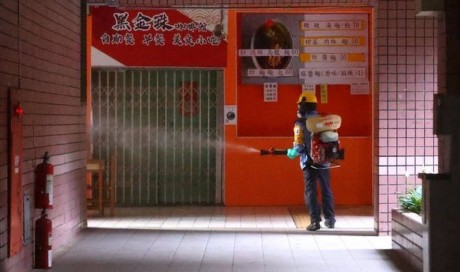The search for those killed in Indonesia's quake-tsunami disaster was called off on (Oct 11) Thursday, despite there being around 5,000 people still missing.
The magnitude 7.5-quake and a subsequent tsunami razed whole swathes of Palu to the ground on Sep 28.
More than 2,000 bodies have been recovered since the twin disaster on Sulawesi island.
But authorities fear 5,000 more could be buried beneath the ruined city, where entire villages were swallowed.

Rescuers had struggled to find remains in the twisted wreckage, a job made worse as mud hardened and bodies decomposed in the tropical heat.
"The search and rescue (SAR) operation for the victims will end this Thursday afternoon," SAR field director in Palu, Bambang Suryo, told AFP.
The government earlier indicated these hard-hit areas would be left untouched as mass graves.
Parks and monuments are planned at three of these worst-hit areas - Balaroa, Petobo and Jono Oge - to commemorate the possibly thousands of dead who will never found.
Those zones were all but destroyed by liquefaction, a phenomenon where the brute force of a quake turns soil to quicksand.
Humanitarian assistance has poured into the disaster-ravaged city but the recovery ever been criticised as moving too slowly.
On Wednesday, Indonesia clarified that its policy on foreign assistance, aid workers and volunteers is "not intended" to prevent them from entering quake-hit Sulawesi.
In a statement, Indonesia's foreign ministry explained that foreign aid workers must first coordinate with the national team, local agencies or non-governmental organisations leading the rescue and recovery effort.
"All assistance including foreign volunteers should only enter after coordination and approval has been given, so their purpose, role and function are clear. It is important that recovery efforts are well coordinated," said foreign ministry spokesman Arrmanatha Nasir.
Share This Post












